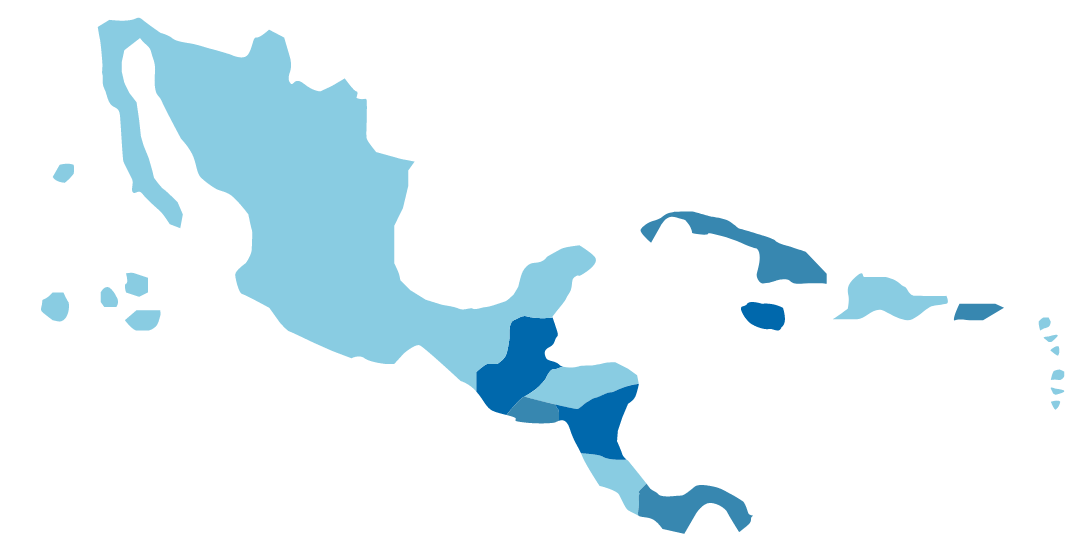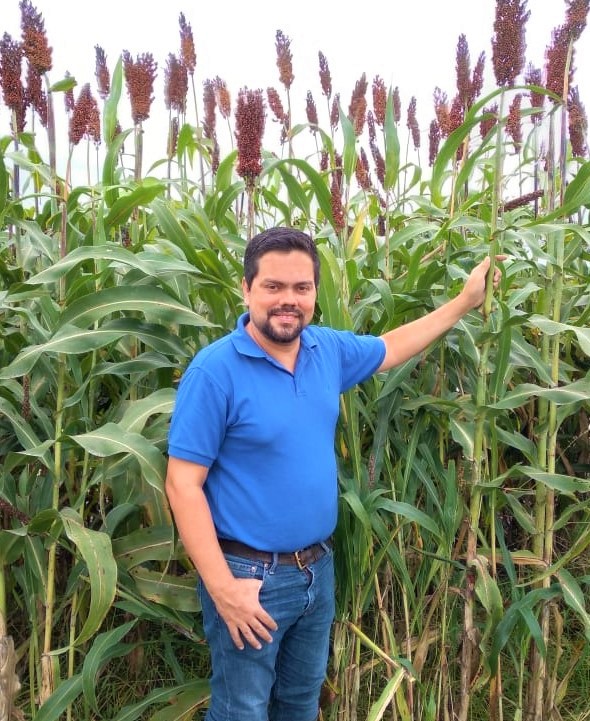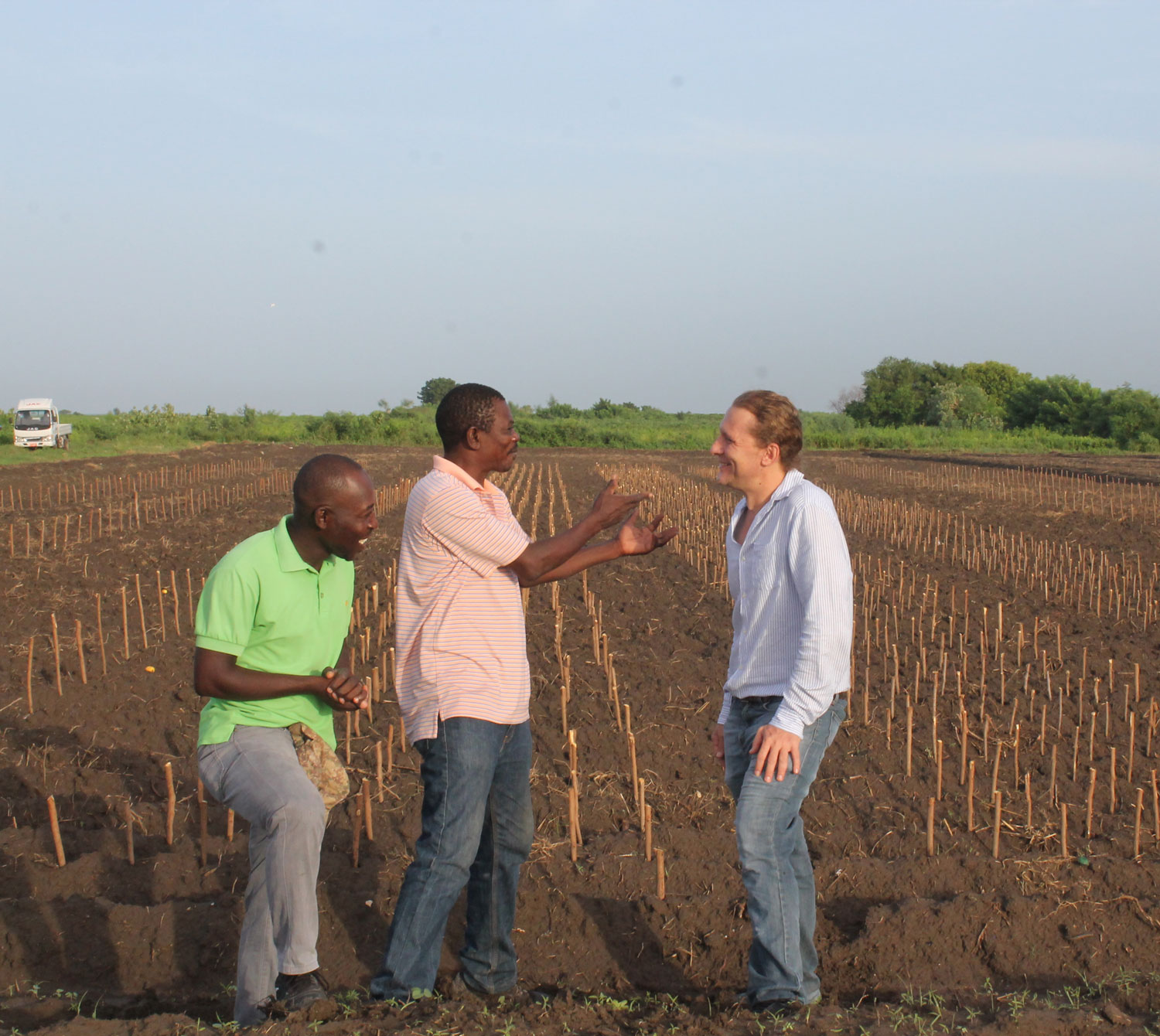Partners
Instituto Nacional de Innovación y Transferencia en Tecnología Agropecuaria (INTA) and Quisqueya University
Instituto Nacional de Innovación y Transferencia en Tecnología Agropecuaria (INTA) and Quisqueya University
Common bean, sorghum and sweet potato
Costa Rica and Haiti

Instituto Nacional de Innovación y Transferencia en Tecnología Agropecuaria (INTA)
Quisqueya University
The CACCIA Center of Innovation is building a more resilient, equitable and food secure future for Central America and Caribbean by advancing regional capacity for breeding innovations. CACCIA, whose acronym refers to acting in unison, builds bridges between dichotomies in crop improvement: agricultural science vs. international development; social vs. biophysical research; plant breeders’ priorities vs. farmers’ preferences; men’s vs. women’s needs.
The coordinated partnership led by two institutions, the Instituto Nacional de Innovación y Transferencia en Tecnología Agropecuaria (INTA) in Costa Rica and Quisqueya University in Haiti, focuses on common bean, sorghum and sweet potato due to their regional importance to smallholder farmers. The program is committed to elevating the voices of more diverse stakeholders in cultivar development and dissemination processes. CACCIA tests and generates new, cutting-edge tools, technologies and methods that can stand up to common challenges of drought and heat stress. The Center of Innovation tests yield stability and broad adaptation and work towards a release of superior crop varieties for Central America and the Caribbean, selectively implementing methods such as recurrent multi-location phenotypic rapid cycling, physiological breeding on key traits, and genomic prediction for yield stability.
”Through CACCIA we will potentiate our efforts to develop more resilient, productive and nutritious plant varieties for small farmers in Central America and the Caribbean.
José R. CamachoExecutive Director, INTA

”Haiti has some of the lowest average grains, roots and tuber yields in the world; we are tremendously excited to develop with ILCI the tools, technologies and methods that will allow Haiti to increase its agriculture productivity.
Gael PressoirPrincipal Scientist and Dean, School of Agriculture and Environmental Sciences and Adjunct Vice Rector for Research, Quisqueya University


